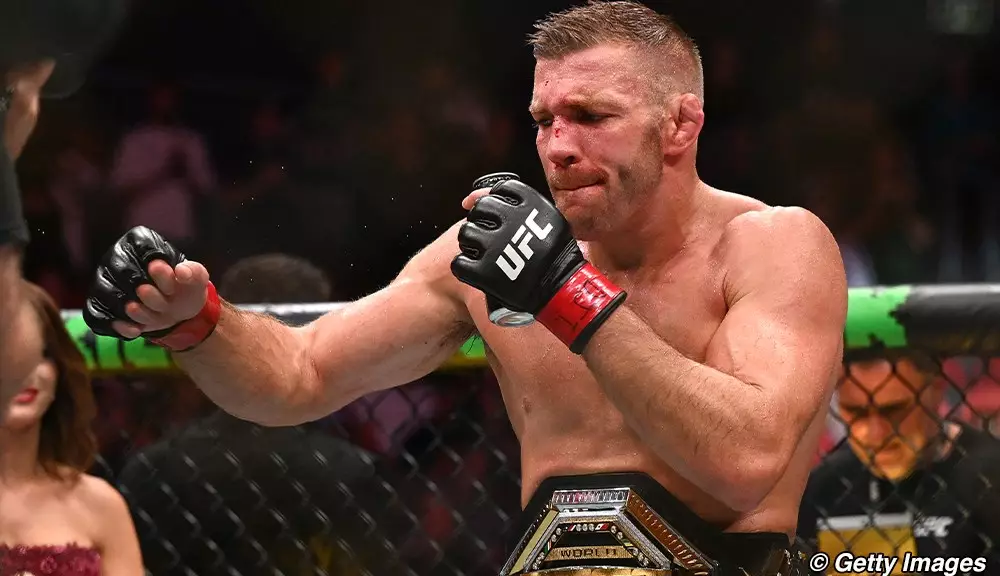In the world of mixed martial arts, strategic insight often comes from those who have spent years competing at the highest levels, and Kamaru Usman is no exception. Following Dricus Du Plessis’ recent victory over Sean Strickland at UFC 312, Usman expressed his belief that Du Plessis has critical hurdles to overcome before he can contemplate stepping up to the light heavyweight division. While Du Plessis, boasting a professional record of 23 wins and just 2 losses, has proven his mettle in the octagon, Usman’s assessment invites a deeper exploration of the challenges that lie ahead for the UFC champion.
A Call for Continued Competition
Du Plessis retained his middleweight title after an impressive performance against Strickland, marking a second victory over him. However, his ambition manifests in a desire to face formidable opponent Khamzat Chimaev before considering a move up in weight class. The decision to prioritize Chimaev—a fighter known for his relentless grappling and striking composure—underscores Du Plessis’ recognition of the formidable landscape of mixed martial arts. This is where Usman’s cautiousness may be particularly relevant; he cautions against underestimating any potential threat, especially from fighters like Nassourdine Imavov.
Usman warns that if Du Plessis were to implement a striking-centric strategy against Imavov as he did against Strickland, it could spell trouble for him. Imavov, who recently made headlines after knocking out the former champion Israel Adesanya, possesses striking capabilities that challenge even the most seasoned fighters. Usman’s analysis highlights the importance of not only winning but doing so against a spectrum of competitors capable of exploiting weaknesses in a fighter’s game plan.
In Usman’s view, a logical progression for Du Plessis would be to successfully navigate fights against both Chimaev and Imavov before moving up to seize potential opportunities at light heavyweight. His rationale is clear: a more accomplished record at middleweight would firmly justify an ascent to a higher weight class, giving Du Plessis the gravity needed to challenge champions like Alex Pereira. Yet, the prospect of facing Pereira poses significant risks, as Usman emphasizes the stylistic difficulties that Du Plessis might encounter against the current champion’s skill set.
Ultimately, Kamaru Usman’s perspective serves not only as a critique but also as a guideline for Du Plessis’ career trajectory. The call for continued competition before a move up in weight is not just about sustaining success but also about ensuring preparedness in a sport where slight miscalculations can lead to devastating defeat. For Du Plessis, the road ahead—the potential bouts with Chimaev and Imavov—could mark substantial milestones on his journey, enriching his experience and solidifying his claim as a top contender ready for the challenges that the light heavyweight division has to offer. In an arena characterized by unpredictability, the value of strategic progression remains paramount.

